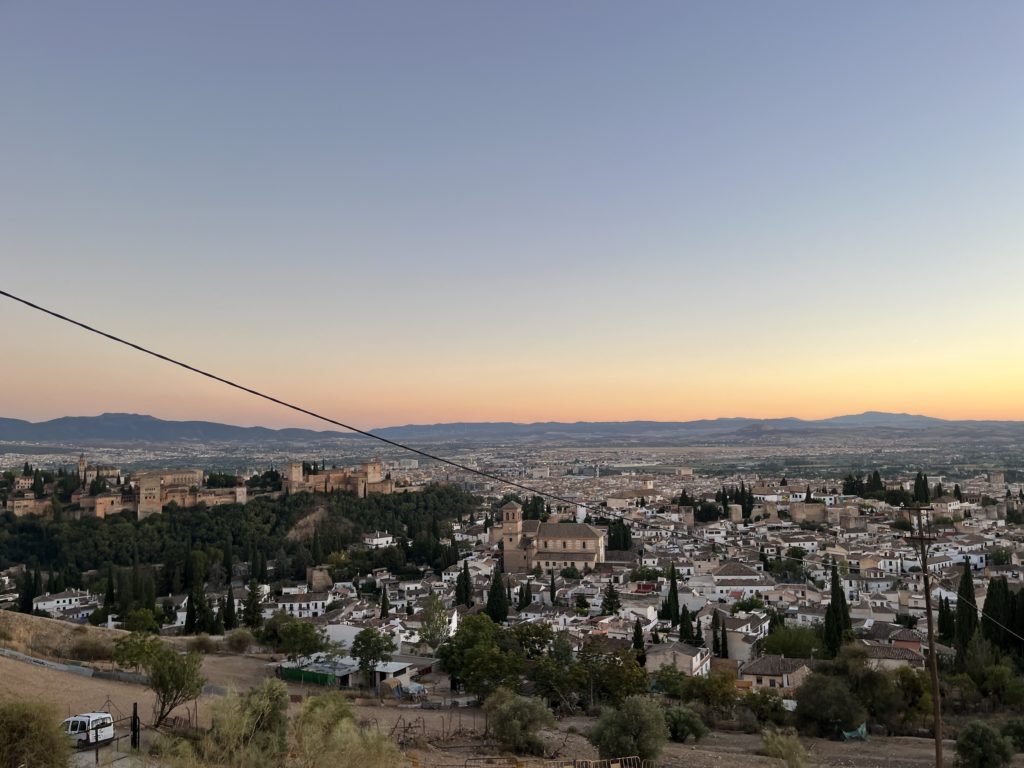
I was especially intrigued by the topic of this week, as it seemed to point out large points of cultural difference between Japan and the United States which I had not really explicitly thought of before. There were obviously cultural differences, although due to Western and specifically American influence, most aspects of day-to-day life either didn’t surprise me or were only slightly different than their counterpart American rituals and happenings. The one cultural dimension that was wildly different but didn’t surprise me at all (due to how I thought of and somewhat still continue to think of a lot of cultures in Asia) was the heavy skew of society towards collectivism. Now obviously comparing most countries to the US in terms of the emphasis put on individuality will skew results, but even considering this fact, Japan still struck me as very collectivist. As a result, there seemed to be much more of an emphasis on how activities impacted others rather than just whether or not you want to do them. For example, both the subways and general trains there are pretty quiet, as people take into consideration that they impact others by talking and therefore tend to avoid it, as it annoys more people than it benefits. Many attitudes also seemed to place the good of the people above the individual, such as the attitude towards Covid. In my experience, there was a definite majority of people who wore masks even at restaurants and places it’s inconvenient to wear them, which did surprise me a little but made sense in terms of collectivism. The way people dressed certainly seems a lot more collectivist than in the US. This was most noticeable at festivals, as they are normally very crowded and therefore you can see how the majority of people look, save those wearing more traditional clothes, which is also fairly common at festivals. It is remarkable how many people wear either a white shirt and black pants or a black shirt and black pants, and while fashion trends definitely dictate how people look in any country, fashion in general in Japan seems way more homogenous than in the US. In terms of law as well, there seems to be a lot more collectivist programs, such as healthcare for all and strong public transportation, when compared to the US. Again, this didn’t surprise me because I was pretty sure most developed countries had better healthcare than the US. Public transport is fantastic in Japan, and while it is certainly not collectivist by nature, for a society to invest so much in trains and the like while making it harder to use cars indicates that that society values efficiency while also not being so concerned the individual agency that comes with having to drive places, although I definitely prefer the strong transport system and don’t quite know how to word the above observation, specifically in explaining how a collectivist society will tend to develop more public works than an individualistic one.
Another large difference was the power difference index, which is way higher in Japan. The Japanese language has very specifically distinct ways to speak to others based on their relation to you, and you cannot be nearly as informal to adults or teachers as you can in the US. In fact, in my experience in the US, it feels like unless you’re in a business environment, speaking too politely comes across as rude, whereas in Japan it is expected for most strangers but certainly for adults and those above you in society. There also seemed to be much more of a sense that “those in charge tend to be right” in Japan, whereas in the US I think most people often think the opposite. It is also far more apparent what someone’s place in society is, although to be honest I have no idea how to explain why, you can just tell when you see/meet them. This aspect of society I am not as much of a fan of, as while I think it is important to value the opinions of and treat well those who are more experienced than you are, I don’t think you should go too out of your way in doing this, as just because they have a title does not mean they are more competent or able. Allowing for very free speech between those within different levels of power in my opinion fosters innovation and progress, as this way everyone can work together and build off the ideas of each other far more easily than when you cannot challenge those above you.
Overall, I think that examining cultural differences through the Cultural Dimensions model has made me have to reflect on what I want within a society and why. I appreciate the individuality and the free access and flow of ideas of the US, and I think living in Japan has made me value them more and take them less for granted. I also found it interesting how it’s mostly these differences which lead to the standard stereotypes of Japanese people in the US and of Americans in Japan. I will definitely miss the structures that come out of having a collectivist mindset, although I certainly will not miss all the formality required with meeting people for the first time or talking to people older than me.




